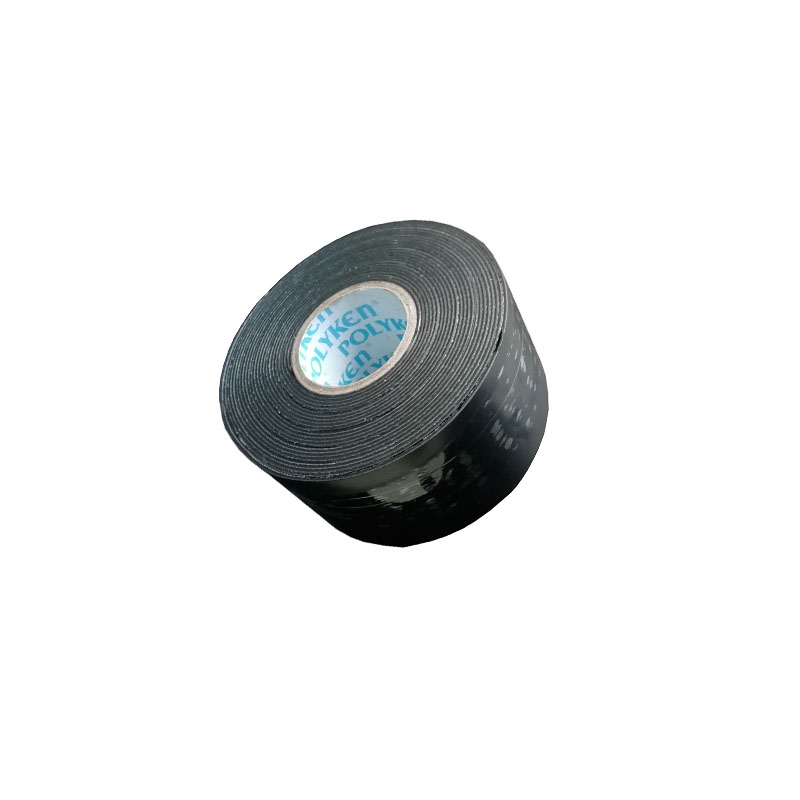Sufficient supply pattern has not changed
The high yield of Meidou is basically certain, while South America has some problems during the planting period, but the supply is sufficient and the expectation of further growth in global inventories has not changed for the time being. In the early stage, the US biodiesel has implemented double-reaction measures on imported raw wood, which is only structurally conducive to the decline of US soybean oil's own inventory. Biodiesel really needs to be better boosted to the vegetable oil market, the blending ratio is increased and the crude oil price is increased. A rise is a more direct way. At present, the upward movement of crude oil prices does not expect a substantial increase in biodiesel profits, so the space for boosting grease is also limited.
The palm oil supply has also undergone different changes this year. In most cases, Malaysian palm oil production usually begins a significant seasonal production cycle from November to March. However, according to some surveys, the output may increase slightly in November, or only slightly, based on the increase in production in October. In the same period, the export survey showed that the export in November fell by more than 8% from the previous month. If this trend is estimated, the Malaysian palm oil stocks may have a large accumulation in November, possibly even nearly 2.5 million tons, and the pressure of supply rhythm increases. At the same time, in order to protect the domestic oil and fat industry, India has increased the enthusiasm of farmers and further increased the import tariff on vegetable oil. This is the second time since August that the import tariff on vegetable oil has been raised, and the oil market is generally bearish.
Unfavorable factors continue to accumulate
The import tariff on crude palm oil reached 30%, the import tariff on refined palm oil increased from 25% to 40%, while the import tariff on soybean oil increased from 17.5% to 30%, and the import tariff on refined soybean oil increased from 20% to 35%. The Indian government has also increased soybean import tariffs from 30% to 45%. The import tariff on sunflower oil increased from 12.5% ​​to 25%, and the import tariff on refined sunflower oil increased from 20% to 35%. However, due to India's dependence on imported vegetable oils as high as 70%, even if the import tariff increase is so large, it still needs a large amount of imports. It is expected to affect 400,000 tons of vegetable oil imports, and it is expected that the absolute number of Indian imports will be higher than the previous year. Will continue to improve, so the absolute emotional factor of this shock is greater than the actual impact. However, in the current northern hemisphere, the demand for palm oil has turned weak, and this tariff is the highest, which has formed a relatively strong blow to palm oil.
From the perspective of the domestic vegetable oil market, the performance of stress factors also comes from many aspects. This year's market purchases and sales are not warm, or basically maintain the pattern of on-demand procurement, and the occasional low-cost purchase volume is not too good for sustainability. However, the huge amount of soybeans arrived in Hong Kong, coupled with better crushing profits, the supply of soybean oil was sufficient, and the seasonal decline in stocks was delayed, staying near the high of 1.6 million tons. In the process of rebuilding the palm oil at home and abroad, with the increase in the volume of arrivals, the current internal and external disk upside down is good, and the willingness to import will continue to be released later. Moreover, in the near future, Malaysian palm oil is significantly weak, and domestic demand is weakening, the oil will show a phased weak trend. Rapeseed oil is relatively strong after continuous destocking. Although there are more than 1 million tons of temporary reserves, it has no effect because of a small amount of market entry. However, the overall supply and demand environment of oils and fats will drag down vegetable oil.
POLYKEN 934 is a Cold Applied Tape coating system designed for the corrosion protection of field joints, fittings, and specialty piping. The highly conformable backing and thick, aggressive adhesive also make it the ideal repair system for all types of main line coatings. The POLYKEN 934 tape with very tacky adhesive has a release plastic liner to enable proper unwinding of the roll. Whether used as a double wrap system or as a single wrap with a mechanical layer, the POLYKEN 934 tape coating system is universally specified in the oil, gas and water industries.

Polyken 934 Anticorrosion Tape
Polyken 934 Anticorrosion Tape,Corrosion Protection Tape,Anticorrosion Polyethylene Tape,Anti Corrosion Adhesive Tape,anti corrosion self adhesive tape
Jining Qiangke Pipe Anticorrosion Materials CO.,Ltd , https://www.pipe-wrap-tape.com